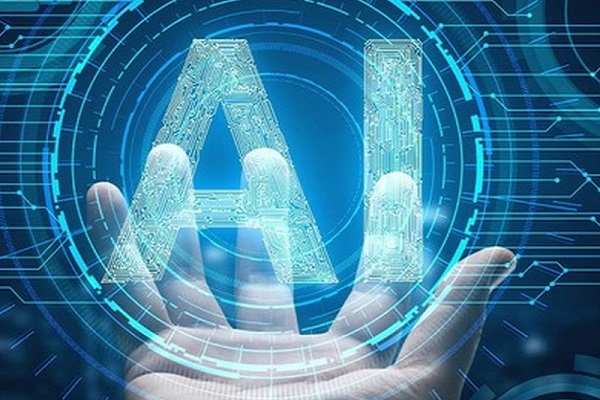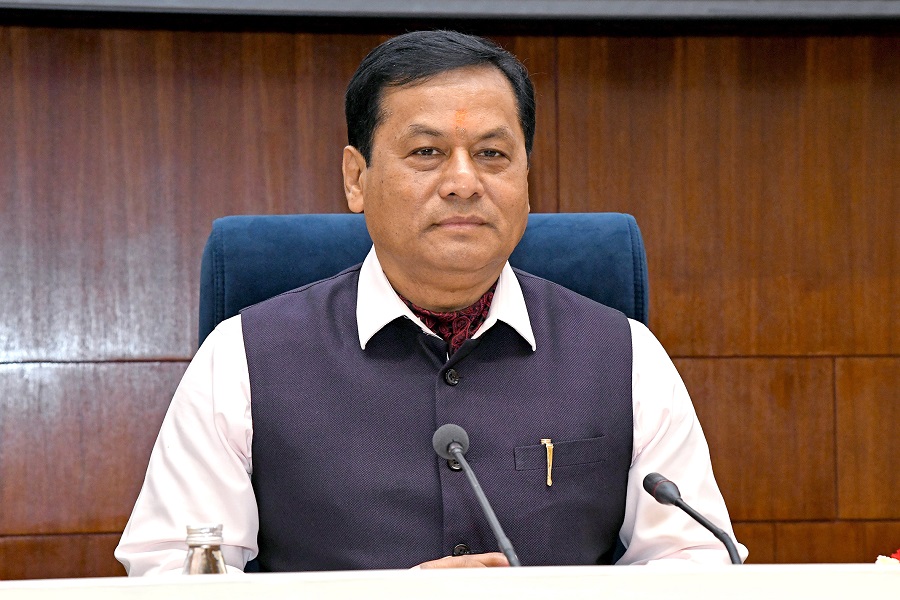Low-carbon tech key to achieving ‘Net Zero 2070’ target: Dr Jitendra Singh
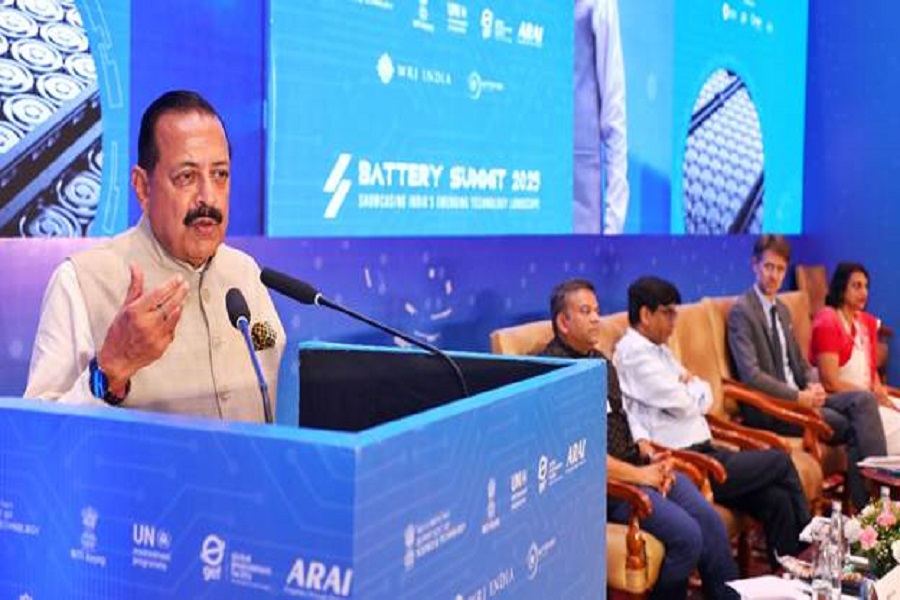
A robust ecosystem will help India propel towards becoming the world’s third-largest economy, while low-carbon technologies will be key to achieving ‘Net Zero 2070’ target, Union Minister Dr Jitendra Singh said on Wednesday.
The minister highlighted that exploring untapped reserves and resources, along with innovation in low-carbon energy sectors, will drive economic value and reduce the carbon footprint, aligning with India’s ambitious ‘Net Zero by 2070’ goal.
Speaking on the theme, “Addressing Challenges, Driving Innovation and Scaling Solutions", Dr. Jitendra Singh highlighted that exploring the unexplored reserves and resources, and innovation in low carbon energy sectors will drive economic value and also reduce carbon footprint, aligning with India’s ambitious Net Zero by 2070 goal.
In this context, he also referred to recent discoveries of vast Lithium reserves in Jammu and Kashmir which promise to contribute to achieving ‘Net Zero 2070’ target and called for intensified efforts to explore and harness such unutilised resources.
“The Department of Science and Technology (DST) is playing a pivotal role in advancing India's clean energy transition through innovations in battery manufacturing, e-mobility, and sustainable technology ecosystems,” said Dr Singh at the ‘Battery Summit 2025’ here.
A key announcement at the summit was the launch of the Battery Aadhaar Initiative under DST, described by the minister as a "game changer" in enabling traceability, efficiency, and scalability in India's battery ecosystem.
The system would assign a unique digital identity to each battery pack, enabling the tracking of manufacturing origin, battery chemistry, safety certifications, and lifecycle performance.
It would also monitor critical parameters such as thermal events, charge-discharge cycles, and end-of-life status, facilitating predictive maintenance and efficient recycling.
Additionally, ‘Battery Aadhaar’ would act as a regulatory tool to curb the spread of counterfeit products and boost consumer confidence, while supporting circular economy initiatives.
By integrating with Battery Management Systems (BMS), AI-enabled diagnostics, and national EV databases, Battery Aadhaar could become a cornerstone of India’s emerging battery intelligence ecosystem.
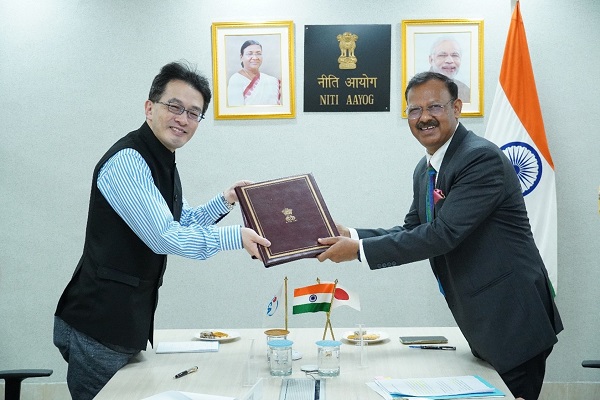
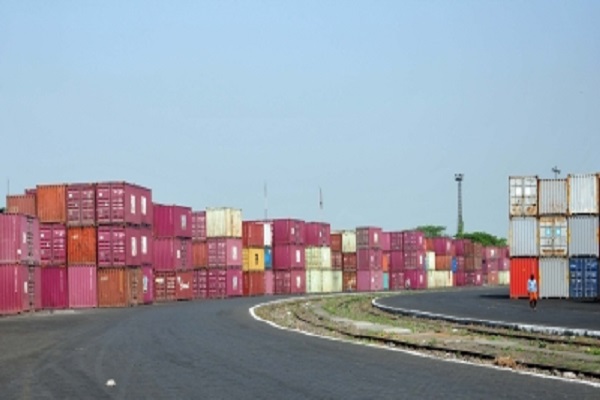
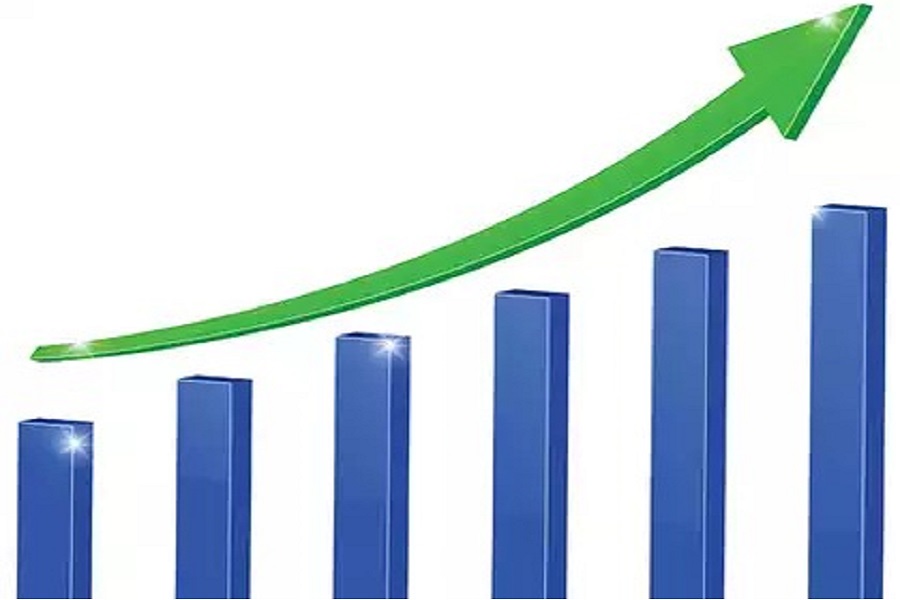

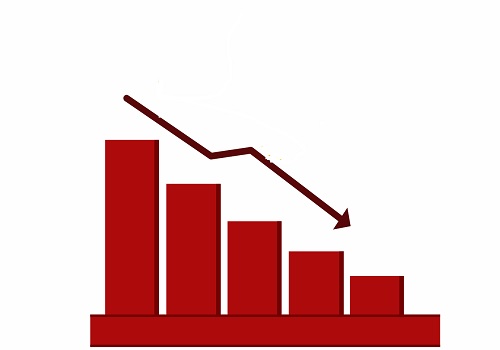
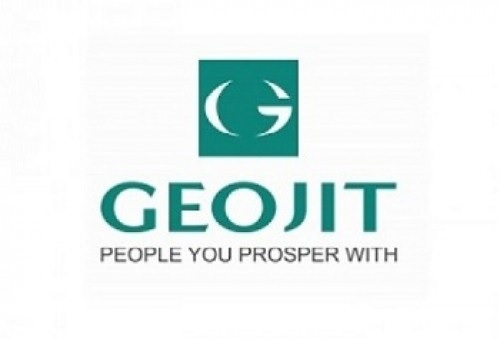

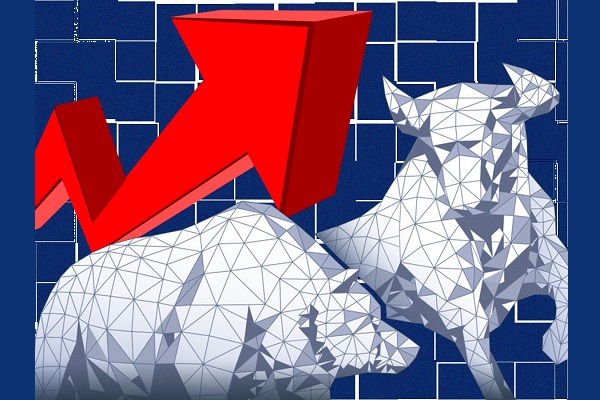








.jpg)
